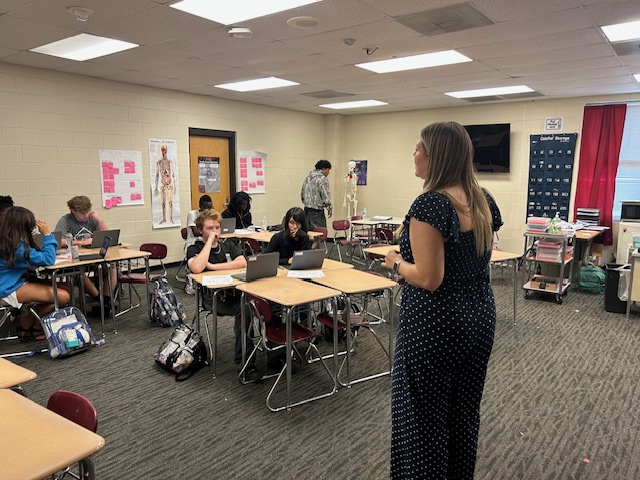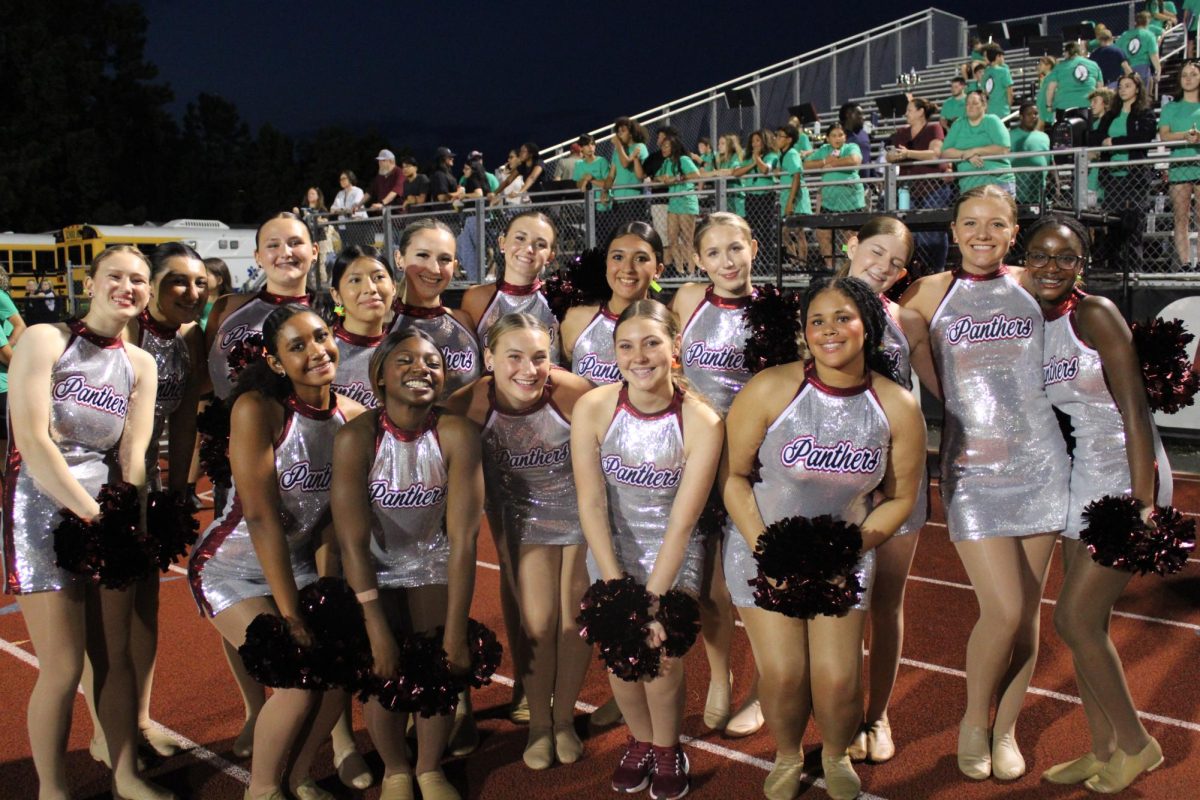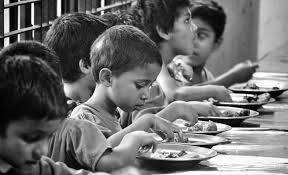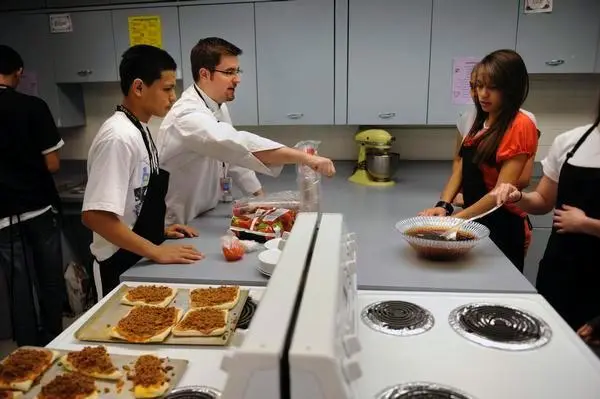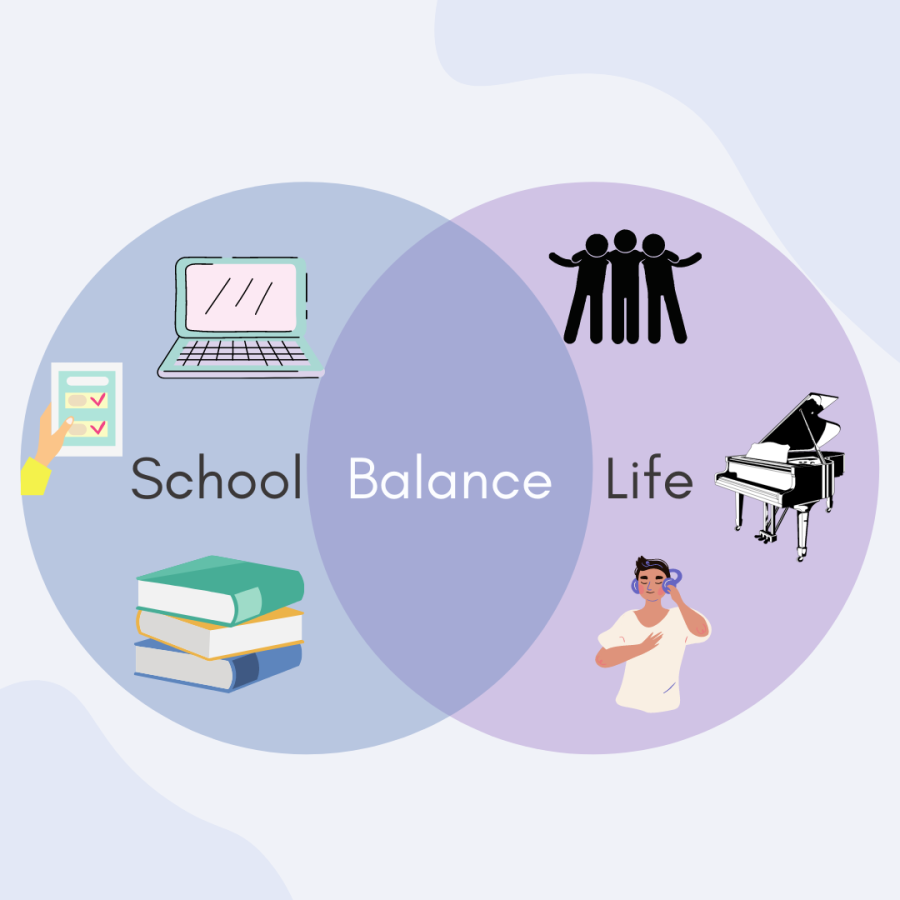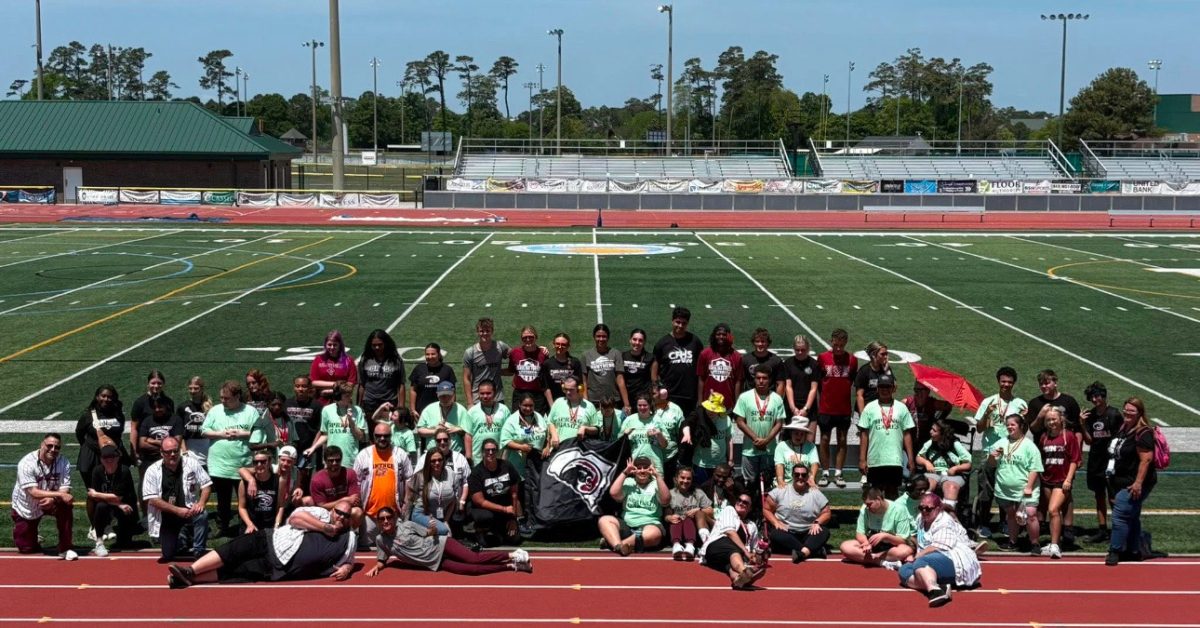There are many uses to life skill classes in K-12 education when preparing students for a life outside of the comfort and stability of their home and school setting. While, of course, this may not apply to all people, most never learn how to do basic cooking and/or home repairs.
The University of Arkansas states, “Critical life skills prepare people for life. These skills are essential for living a happy, healthy life.”
They base this off of the World Health Organization’s (WHO) definition of what life skills are, containing the exact definition which is “the abilities for adaptive and positive behavior that enable individuals to deal effectively with the demands and challenges of everyday life.”
One such life skills class would be home economics, which is commonly most missed by students and adults who never had the chance to take the class.
In The Tam News, it is stated that there are only around 6,000 schools in the U.S. that still offer home economics as a class, which is quite the drastic change compared to before when it was offered in every school.
Home economics was, in fact, a common class 40 years prior, and it was in the 2000s that there was a drop off in schools. It was originally a class targeted toward women while classes like shop would be for men. Both classes, regardless of gender, have use for a person’s everyday life.
There is a miscommunication among the contents of a home economics class. In a study conducted by Trinity Stehno from California State University, she noted that the problem she was looking at was this very miscommunication.
Stenho stated, “Far too often home economics is thought of as only a cooking class, but it’s about so much including budgeting, home management/design, sewing, child development, and health/hygiene.”
All contents listed within the class are vital to how a person lives, especially when there are times when someone doesn’t have the ability to rely on others.
Julie Richard, a sophomore, expressed concerns about how she would live her life after high school, stating that life skills classes “would improve my future as an adult tremendously” if she had access to them.
Life skills classes, besides home economics, provide a multitude of benefits such as conflict resolution skills and basic chores. Both of which contribute to the previously mentioned independence gained which can be carried throughout adulthood.
Arber Demolli, a senior, commented that the benefit of conflict resolution is especially important when considering the future of herself and her peers.
These skills can come from classes such as public speaking or debate, teaching how to handle arguments and escalating situations calmly.
Demolli stated, “It can help a lot of students handle and dodge possible workplace violence, since it can help these students know how to talk and handle arguments safely.”
Another benefit, apart from the easy navigation of adulthood, would be the correlation that these skills have to academic success.
The Committee for Children observed the improvements made, noting that students who participated in life skills classes “experienced an 11-percentile-point gain in academic achievement.”
It’s also noted that there is a positive impact on the environment within classrooms such as an improvement in student behavior and social relationships with teachers and peers.
All in all, there should be a variety of life skills classes provided by schools across the country, including, but not limited to, home economics, public speaking, and shop.


